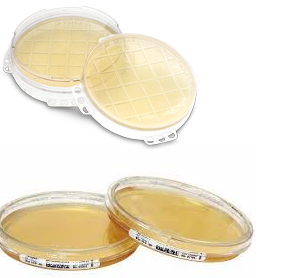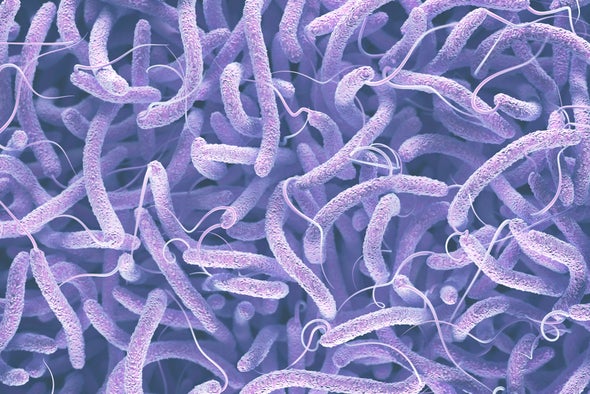ROUTES OF DRUG ADMINISTRATION
Therapeutic drugs are administered in various ways, and these include parenteral and oral administration. Other routes of drug administration include: Parenteral and oral drug administrations are the two major routes of drug administration. Parenteral drugs refer to therapeutic agents that are not given through the mouth (i.e. orally) but via injections. In parenteral drug administration, […]
ROUTES OF DRUG ADMINISTRATION Read More »
Pharmaceutical Microbiology









